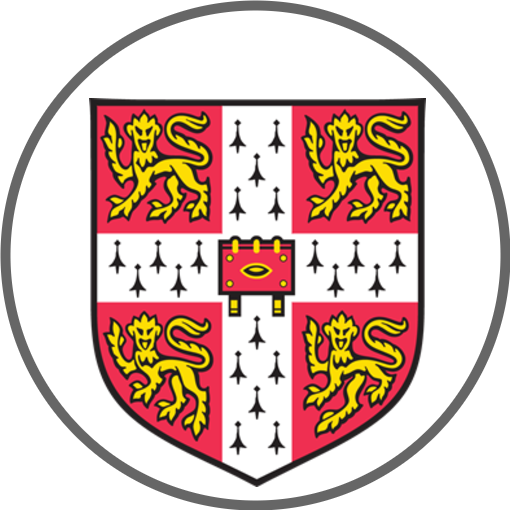
Our Research
Somatic mutations arising through cell-intrinsic and exogenous processes mark the genome with distinctive patterns termed mutational signatures. The causes of these mutational signatures and the mechanisms by which they arise are only partially understood. It transpires that several mutational signatures are relatively benign, and present in normal cells as well as in cancer cells. However, some mutational signatures are important to recognize clinically because they indicate biological abnormalities that may be targets for therapeutic intervention or serve as prognosticators for outcome.
In this team, we are focused on understanding all aspects of mutational signatures including their aetiologies, the sources of DNA damage that give rise to them, and the mutational mechanisms by which they become etched into the genome, a theme we refer to as Mutagenesis. We are also intrigued by how human cells coordinate physiological responses to the onslaught of DNA injury that they endure, in an effort to remain healthy and normal, and how maladaptations lead to development of age-related diseases such as cancer and neurodegeneration, a theme we call Cellular Adaptation. We use a combination of computational and experimental approaches to explore those two areas.
Additionally, we feel passionately about Clinical Translation and develop computational tools towards improved patient stratification and early cancer detection. We have particular expertise in whole cancer genome analysis and interpretation and apply these skills as widely as possible. We are a diverse group of individuals and are interested in hearing from anyone interested in joining the academic laboratory or clinical/genomic infrastructure team.
Somatic mutations arising through cell-intrinsic and exogenous processes mark the genome with distinctive patterns termed mutational signatures. The causes of these mutational signatures and the mechanisms by which they arise are only partially understood. It transpires that several mutational signatures are relatively benign, and present in normal cells as well as in cancer cells. However, some mutational signatures are important to recognize clinically because they indicate biological abnormalities that may be targets for therapeutic intervention or serve as prognosticators for outcome.
In this team, we are focused on understanding all aspects of mutational signatures including their aetiologies, the sources of DNA damage that give rise to them, and the mutational mechanisms by which they become etched into the genome, a theme we refer to as Mutagenesis. We are also intrigued by how human cells coordinate physiological responses to the onslaught of DNA injury that they endure, in an effort to remain healthy and normal, and how maladaptations lead to development of age-related diseases such as cancer and neurodegeneration, a theme we call Cellular Adaptation. We use a combination of computational and experimental approaches to explore those two areas.
Additionally, we feel passionately about Clinical Translation and develop computational tools towards improved patient stratification and early cancer detection. We have particular expertise in whole cancer genome analysis and interpretation and apply these skills as widely as possible. We are a diverse group of individuals and are interested in hearing from anyone interested in joining the academic laboratory or clinical/genomic infrastructure team.
Contact Us
Prof. Serena Nik-Zainal
Early Cancer Institute
University of Cambridge
Hutchison Research Centre
Box 197
Cambridge Biomedical Campus
Cambridge
United Kingdom
CB2 0XZ